Why This Queer Sports Fan Keeps on Cheering
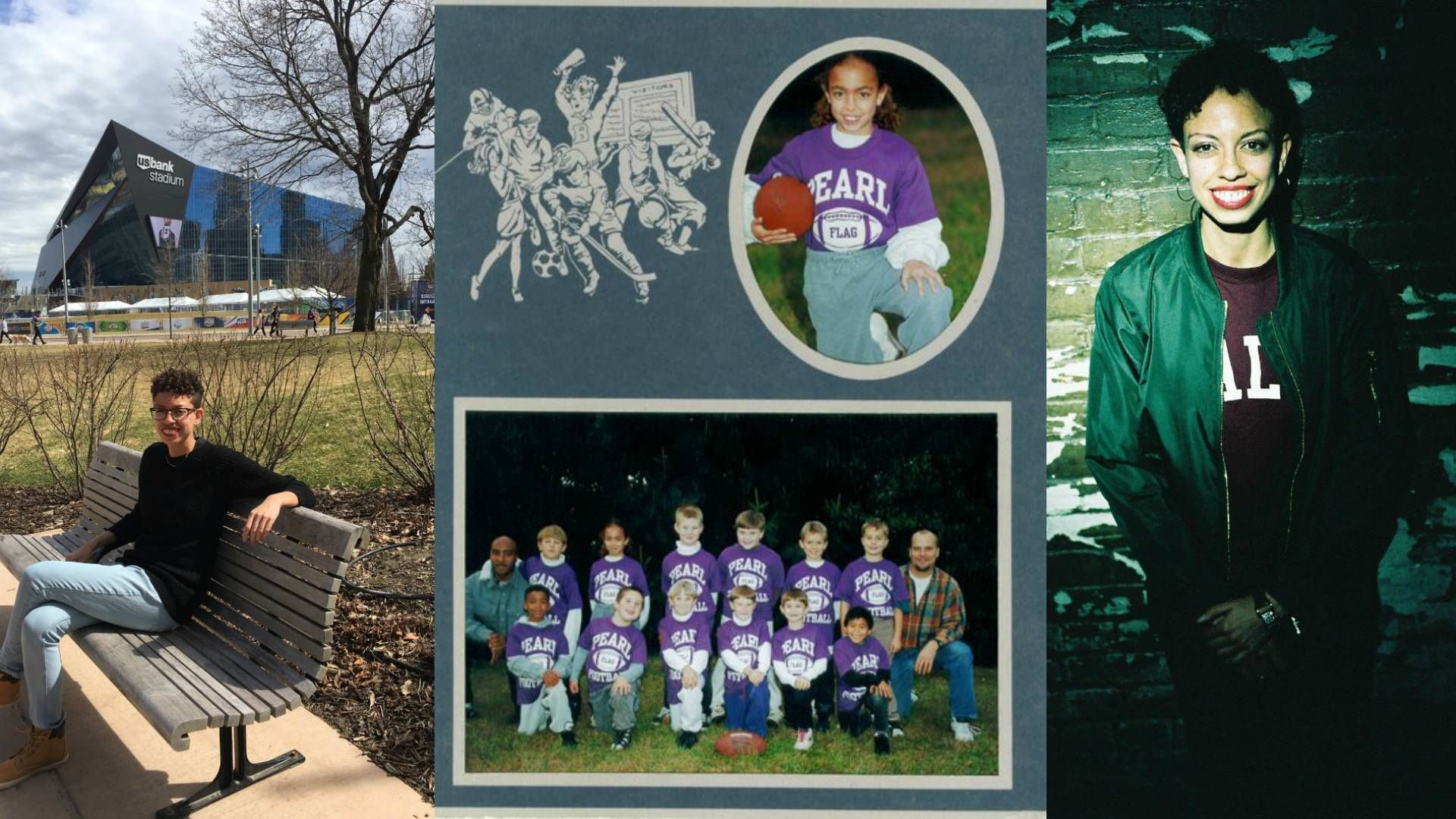
I don’t know exactly when it happened, but I have a few ideas.
It might have been the at beginning of third grade, when I arrived home from school with a flyer to join flag football at Pearl Park. (I was the only girl in the entire league that season.) It could have been June 14, 1996, when I yelled at the TV with my Dad and stayed up past my bedtime as I watched my Chicago Bulls beat the Utah Jazz for another NBA Championship. Maybe it happened when I woke up at dawn during the summer to catch Venus and Serena Williams dominate their Wimbledon matches before I biked to Inner City Tennis. It could have also been in 2002, when I met former Lynx great Katie Smith outside of the Target Center with my younger brother, awkwardly telling her that she was “tight as hell” while asking for an autograph.
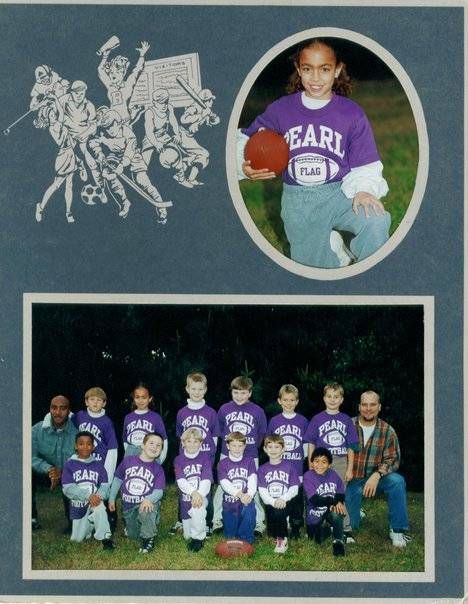
Regardless of when my “I’m a sports freak” epiphany officially happened, the writing was on the wall. My family and friends can vouch for me: I have always been more than passionate about sports.
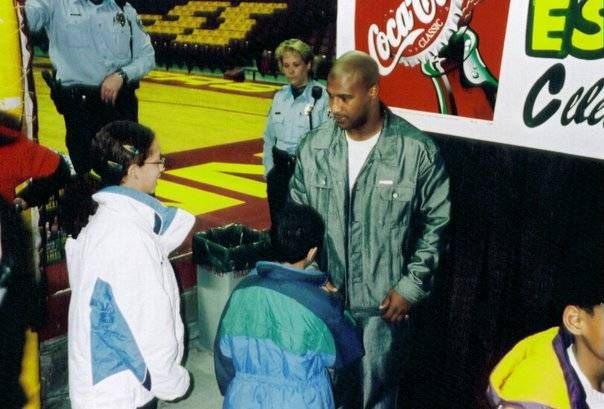
Born in Evanston, Ill., and raised in Minneapolis, Minn., sports have always been a part of my Midwestern upbringing. I am a 31 year-old woman who still proudly boasts about being a kid in Chicago during the Bulls dynasty era of the 1990’s. I’m a Badger alum who covered sports features as an undergrad, repeatedly losing her voice in the infamous student sections at football and basketball games. Some of my relatives can be divided into NFC North team loyalties. When my family and I moved to Minneapolis in the mid-90’s, my die-hard Packer fan of an uncle gave my brother and I a pair of highly coveted NFL Starter jackets as gifts: My brother got a Vikings one. I got Green Bay. One of us had a harder time adjusting socially at school due to my green-and-yellow attire.
The seasons became synonymous with the sports that we were constantly playing or watching.
Subconsciously, I grew up being a sports fan because of what sports truly seemed to represent in my life: family, community and pride.
From an early age, being a sports fan has been a part of my identity. As a child, I was a dedicated tennis and basketball player - and my parents were my basketball coaches in middle school. I was fortunate enough to have a father who not only supported his athletic daughter, but also made an effort to bring my brother and I to as many women’s basketball games as possible. We were a part of the cheering crowds that witnessed Lindsey Whalen break records with the Minnesota Golden Gophers women’s basketball team in the early 2000’s. The WNBA was founded in 1996, and “Santa” brought me the first book about the WNBA for Christmas that year. I cheered so hard for the athletes on the court because I understood their passion for the game. As a young girl in America, it was surreal to be able to start dreaming about playing professional basketball in the United States mid-childhood. The Minnesota Lynx made that dream a true possibility.
At the tender age of eight, I had a game plan: I was going to play college ball for Pat Summitt and the Tennessee Lady Vols, and then I was going to play for the Minnesota Lynx. Sorry Bulls and Wolves, I had a new favorite team and a potential job prospect. I was ready for Signing Day.
Hate to spoil it for you, but my WNBA contract? Well, it technically never happened.
High school athletics were fun, but I was bothered by some pesky injuries that sidelined me and pushed me into more of an arts focus. Though disappointed, I wasn’t crushed that there were no Division 1 offers in my mailbox. I was too busy having fun being the lead in DeLaSalle’s production of Hello, Dolly. In college, I learned that my athletic obstacles were a blessing in disguise as I began to further discover my musical talents.
A sports reporter during part of my sophomore year, the interviews I conducted helped me understand the many personal sacrifices that came with the life of being a student-athlete. I finally got to see the unglamorous, tough view of what I’d always dreamed of. By the time I graduated from college, my passion was still very much alive - but I had grown to appreciate sports more when I wore a jersey in the stands.
College helped me realize a lot about my identity, both personally and professionally. Not only was I closeted in my artistic abilities, but I was also closeted about who I was. I remained closeted throughout college for many reasons, and the intersectionality of my identities was integral to that.
Though there were some areas of my life where I felt supported to be authentically me in every sense, sports suddenly didn’t feel supportive. A closeted student-athlete told me that they kept their sexuality a secret because it would “only make things worse” for their college experience. Another friend told me about being uninvited from a fantasy football league after deciding to come out publicly.
Sports, an area of life that had always brought me a sense of joy and community, seemed to have the opposite effect for so many of my queer friends. It broke my heart.
I dreaded the idea that, once I came out, people might falsely associate my sexuality with my affinity for sports. I worried about going to sporting events with my partner and being seen as “other” instead of as another home-team fan. Sports have always represented community and pride. Where was my community? Why was I so afraid to be proud?
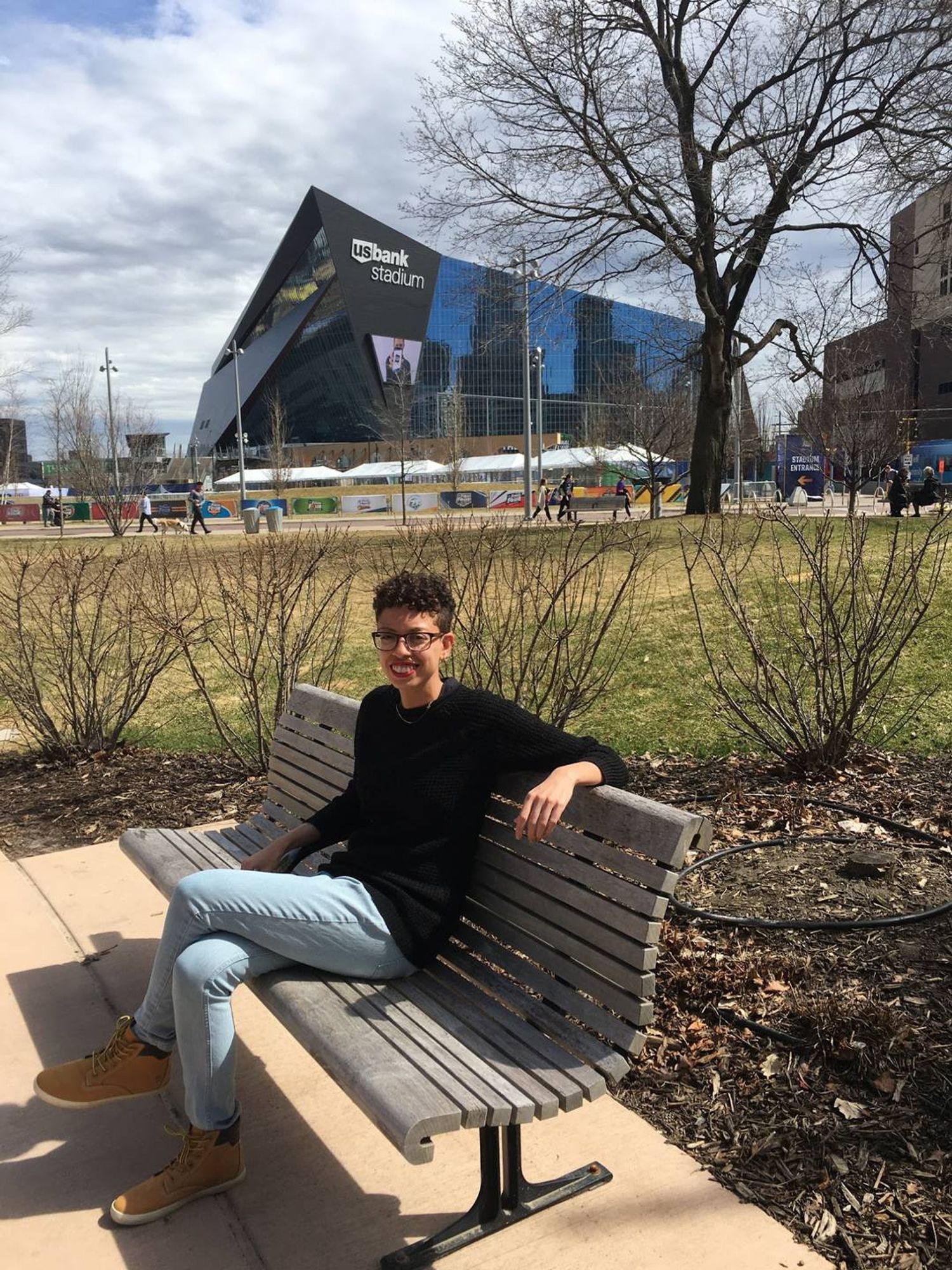
A lot has happened in the decade since I graduated from college. Some of the highlights include the legalization of same-sex marriage in all 50 states; I became a musician; and the Super Bowl and the Final Four took Minneapolis by storm. My partner of eight years and I frequent Twins and Lynx games, and she doesn’t get annoyed when I watch every televised Timberwolves game. We have community.
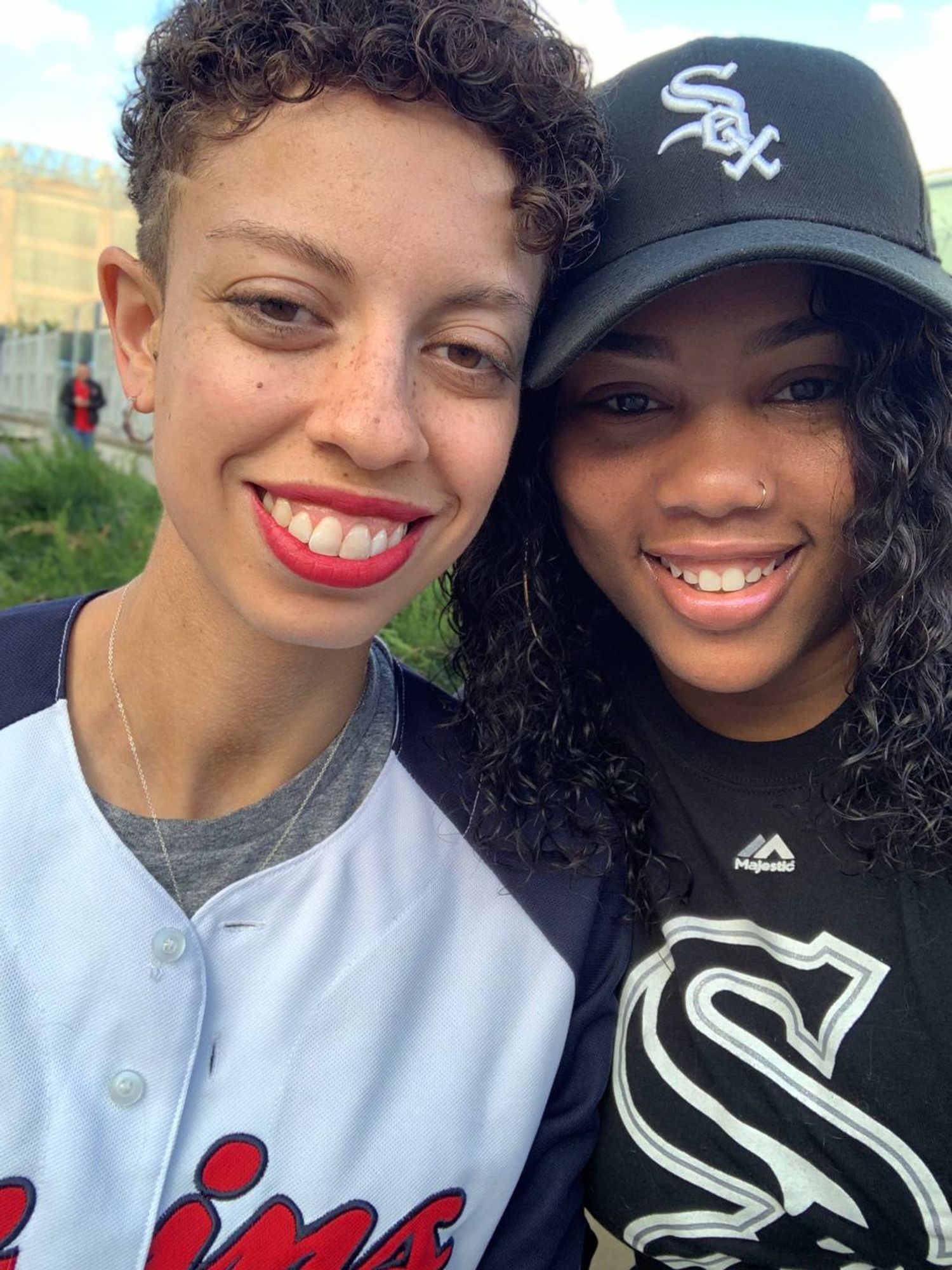
I’m very proud of who I am, but I hate to admit that I’m never fully at ease in public. It’s the harsh reality of the times we’re in. I think about the significance of sports throughout the course of history and the power they hold in society. Sports also reflect the times we’re in, and the present stands as a pivotal moment in modern history.
As a queer sports fan in 2019, feeling represented, embraced and celebrated is part of what keeps me cheering.
While I’m immensely proud of the Minnesota Lynx for their four WNBA titles, I’m even more proud of the team for its social justice work. People may read this and think, “C’mon, sports are just sports.” And in some ways, they’re right. Although the stats will always count and it's way more fun to see tallies in your team’s W column, sports still represent so much more. There’s nothing better than rooting for the athletes and the teams that are also rooting for you.
At the end of the day, why am I a sports fan? Because of what they have represented, and continue to represent, in my life: family, community and pride.
Krysta Rayford is a songwriter, producer and performing/teaching artist based in Minneapolis. A youth advocate and counselor for the past decade, she has also spent the past 10 years establishing a critically acclaimed career in the Twin Cities as both a musician and voice talent.
Want more sports stories in your life? Check out SportsTalk, our collection of stories inspired by even the vaguest of athletic pursuits.
In the world of women's sports, Title IX proved to be a boon to female athletes - but in the wake of its passing in 1972, women coaches took a hit. Even now, a mere 40 percent of female athletes are coached by women, a number that has remained stagnant for decades. But thankfully, these eight local female coaches are making a difference.
Out North: MNLGBTQ History explores the untold past of Minnesota’s lesbian, gay, bisexual, transgender and queer communities, and celebrates the strides the state has made since the gay liberation movement began in the 1970s. Discover the people and places that figured prominently in the early fight for LGBTQ+ civil rights.
